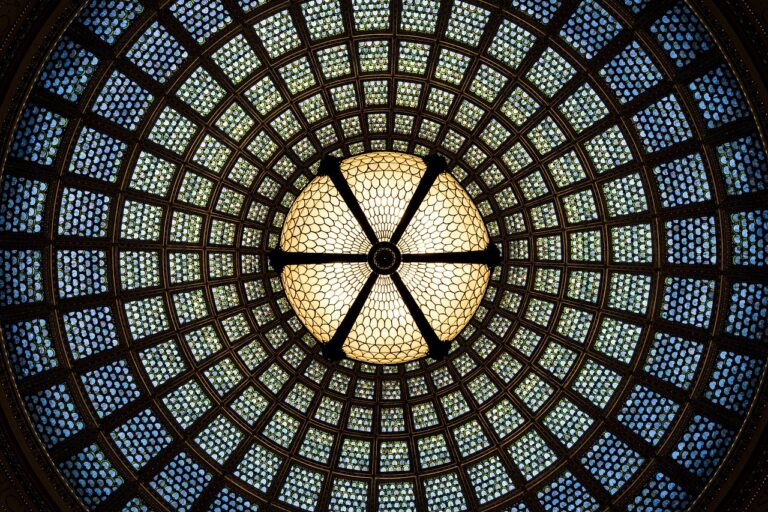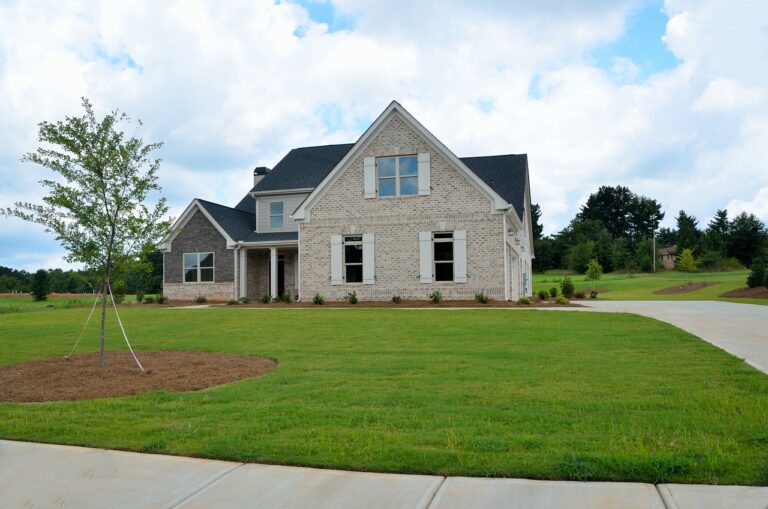The Importance of Structural Integrity in Attic Conversions
sky 247, diamondexch9.com register, tigerexch:Attic conversions are a popular home improvement project for many homeowners looking to add extra living space without the hassle of a full-scale renovation. However, it’s crucial to remember that the structural integrity of your attic is paramount when considering such a project. In this article, we’ll discuss the importance of structural integrity in attic conversions and why it should be a top priority for any homeowner looking to convert their attic space.
Why Structural Integrity Matters
The structural integrity of your attic is essential for several reasons. First and foremost, it ensures the safety of the occupants of the space. A poorly constructed attic conversion can pose a significant risk to anyone using the area, as it may not be able to support the weight of furniture, appliances, or even people moving around.
Secondly, the structural integrity of your attic conversion can impact the overall value of your home. A well-built, structurally sound attic space adds value to your property, while a poorly constructed one can detract from its worth. Additionally, if you ever decide to sell your home, a shoddy attic conversion can turn off potential buyers and make it challenging to sell.
Furthermore, structural integrity is crucial for maintaining the structural integrity of your entire home. The attic is a key component of your home’s structural system, and any modifications made to it can impact the overall stability of the house. Ensuring that your attic conversion is structurally sound will help prevent any issues with the rest of your home down the line.
Key Considerations for Structural Integrity
When planning an attic conversion, there are several key considerations to keep in mind to ensure the structural integrity of the space. These include:
1. Inspecting the existing structure: Before starting any work on your attic conversion, it’s essential to inspect the existing structure of the attic. Look for signs of water damage, rot, or other issues that may affect the stability of the space. Addressing any structural issues before beginning the conversion will help prevent future problems.
2. Consulting a structural engineer: If you’re unsure about the structural integrity of your attic space, it’s a good idea to consult with a structural engineer. A professional engineer can assess the space and provide recommendations on how to reinforce the structure to support the new use of the area.
3. Reinforcing the floor: Attic floors are typically not designed to support the weight of a living space, so it’s crucial to reinforce the floor before converting the attic. This may involve adding additional support beams, joists, or even replacing the existing floor to ensure it can handle the extra load.
4. Upgrading the roof: The roof of the attic is another critical component to consider when converting the space. Make sure the roof is in good condition and properly insulated to prevent water damage and maintain the structural integrity of the attic.
5. Following building codes: When converting your attic, be sure to follow all local building codes and regulations. These codes are in place to ensure the safety and structural integrity of the space, so it’s essential to adhere to them to avoid any potential issues in the future.
6. Hiring a professional contractor: Finally, hiring a professional contractor with experience in attic conversions is crucial for ensuring the structural integrity of the space. A skilled contractor will have the knowledge and expertise to properly assess and reinforce the attic to create a safe and functional living area.
FAQs
Q: Can I convert my attic myself?
A: While it’s possible to convert your attic yourself, it’s highly recommended to hire a professional contractor to ensure the structural integrity of the space. A professional will have the expertise to assess the attic’s structure and make any necessary reinforcements to support the new living space.
Q: How much does an attic conversion cost?
A: The cost of an attic conversion can vary depending on the size of the space, the extent of the work needed, and the materials used. On average, attic conversions can range from $10,000 to $50,000 or more.
Q: How long does it take to complete an attic conversion?
A: The timeline for completing an attic conversion can vary depending on the scope of the project. On average, attic conversions can take anywhere from a few weeks to a few months to complete.
In conclusion, the structural integrity of your attic is a crucial consideration when planning an attic conversion. By ensuring that the space is properly reinforced and built to support the new use, you can create a safe, functional, and valuable living area in your home. Remember to consult with professionals, follow building codes, and prioritize safety when converting your attic to enjoy the benefits of extra living space without compromising your home’s stability.







